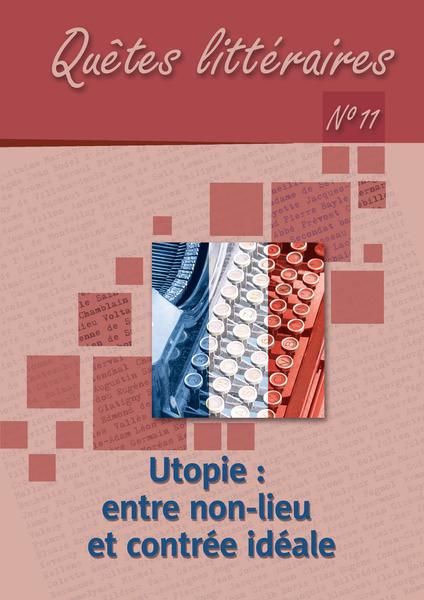Poésie et utopie en France, au XIXe siècle
Poetry and utopia in France during the 19th century
Author(s): Françoise SylvosSubject(s): Politics / Political Sciences, Language and Literature Studies, Literary Texts, Studies of Literature, French Literature, Philology, Theory of Literature
Published by: Katolicki Uniwersytet Lubelski Jana Pawła II, Instytut Filologii Romańskiej & Wydawnictwo Werset
Keywords: 19th century; French literature; utopia; social poetry; prose poem; didacticism; positivism
Summary/Abstract: This paper confronts versified positivist propaganda (Du Camp) with lyrical and visionary prose of Saint-Simon’s followers (Duveyrier). Taking as the point of departure Baudelaire’s judgment about the incompatibility between poetry and didacticism, this paper queries the status and aesthetic value of social poetry. The working class poetry (One hundred small miseries, Social work) is full of vitality of the popular style, replete with humorous energy and fantasy, whereas the socialist fable (Lachambeaudie) expresses a lot of empathy. Under the positivist prophets’ pen, the disciplines – religion, architecture, poetry, mathematics – are not separated but analogous and convertible. According to these thinkers, there is no difference between a poem, picture of the ideal city and utopia itself. Social innovation can only be told by the innovative form of the urban prose poem, and the Industrial Revolution calls for a revolution of poetic forms. The poeticity of these texts, inversely proportional to the realism and to the specialization of the lexicon used, stems from the art of suggestion and the rise of imagination renewed by technical, urban and scientific modernity.
Journal: Quêtes littéraires
- Issue Year: 2021
- Issue No: 11
- Page Range: 60-75
- Page Count: 16
- Language: French

